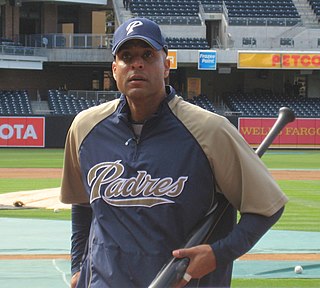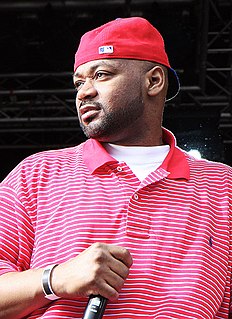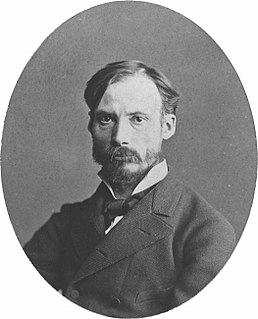A Quote by Mahesh Bhatt
A true artist is one who, even after doing a lot, he reminds himself that he hasn't done anything.
Related Quotes
Every artist's strictly illimitable country is himself. An artist who plays that country false has committed suicide; and even a good lawyer cannot kill the dead. But a human being who's true to himself - whoever himself may be - is immortal; and all the atomic bombs of all the antiartists in spacetime will never civilize immortality.
When he finished up with the Twins and even after he was done, he was always down on the field, so I had a chance to talk to him every time we came into town. Even my first couple of years - when I was still wet behind the ears - he was more than willing to come over and say, 'Hi.' Obviously, he didn't have to introduce himself, but he spent a little time and asked me how I was doing. And it always meant a lot. Anytime you have somebody of that stature on and off the field to take time and be willing to come talk to you, it means a lot.
The International Control Commission isn't doing anything, it's never done anything. What good does it do to be on it or not? Before opening the embassy in Hanoi, I gave it a lot of thought, but it wasn't really a painful decision. American policy in Vietnam is what it is, in Saigon the situation is anything but normal, and I'm happy to have done what I did.
Many other artists who sing about hope think that it is something every single person carries within himself. I'm not so sure if that's true. For me, hope is the little light guiding you the way, which reminds you that life does have a sense, that you have goals. To believe in that is often more easily said than done.
But perhaps this is all to the good. Perhaps it’s best to live with the possibility that around any corner, at any time, may come the person who reminds you of your own capacity to surprise yourself, to put at risk everything that’s dear to you. Who reminds you of the distances we have to bridge to begin to know anything about one another. Who reminds you that what seems to be—even about yourself—may not be. That like him, you need to be forgiven.
An artist is above all a human being, profoundly human to the core. If the artist can't feel everything that humanity feels, if the artist isn't capable of loving until he forgets himself and sacrifices himself if necessary, if he won't put down his magic brush and head the fight against the oppressor, then he isn't a great artist.
No man could bring himself to reveal his true character, and, above all, his true limitations as a citizen and a Christian, his true meannesses, his true imbecilities, to his friends, or even to his wife. Honest autobiography is therefore a contradiction in terms: the moment a man considers himself, even in petto, he tries to gild and fresco himself. Thus a man's wife, however realistic her view of him, always flatters him in the end, for the worst she sees in him is appreciably better, by the time she sees it, than what is actually there.
[It's] troubling because it reminds us how difficult it is to prove anything. We like to pretend that our experiments define the truth for us. But that's often not the case. Just because an idea is true doesn't mean it can be proved. And just because an idea can be proved doesn't mean it's true. When the experiments are done, we still have to choose what to believe.
I am an artist. For me, a picture is like poetry. When you make art, this is not coming from an intellectual place. It's coming from the deep side of your unconscious, your soul. And you are like in some kind of possession, where you are doing anything to get the visual. You become another person. You're becoming an artist in action. And then a lot of miracles come. A lot of discovering. It's a very complicated thing.






































